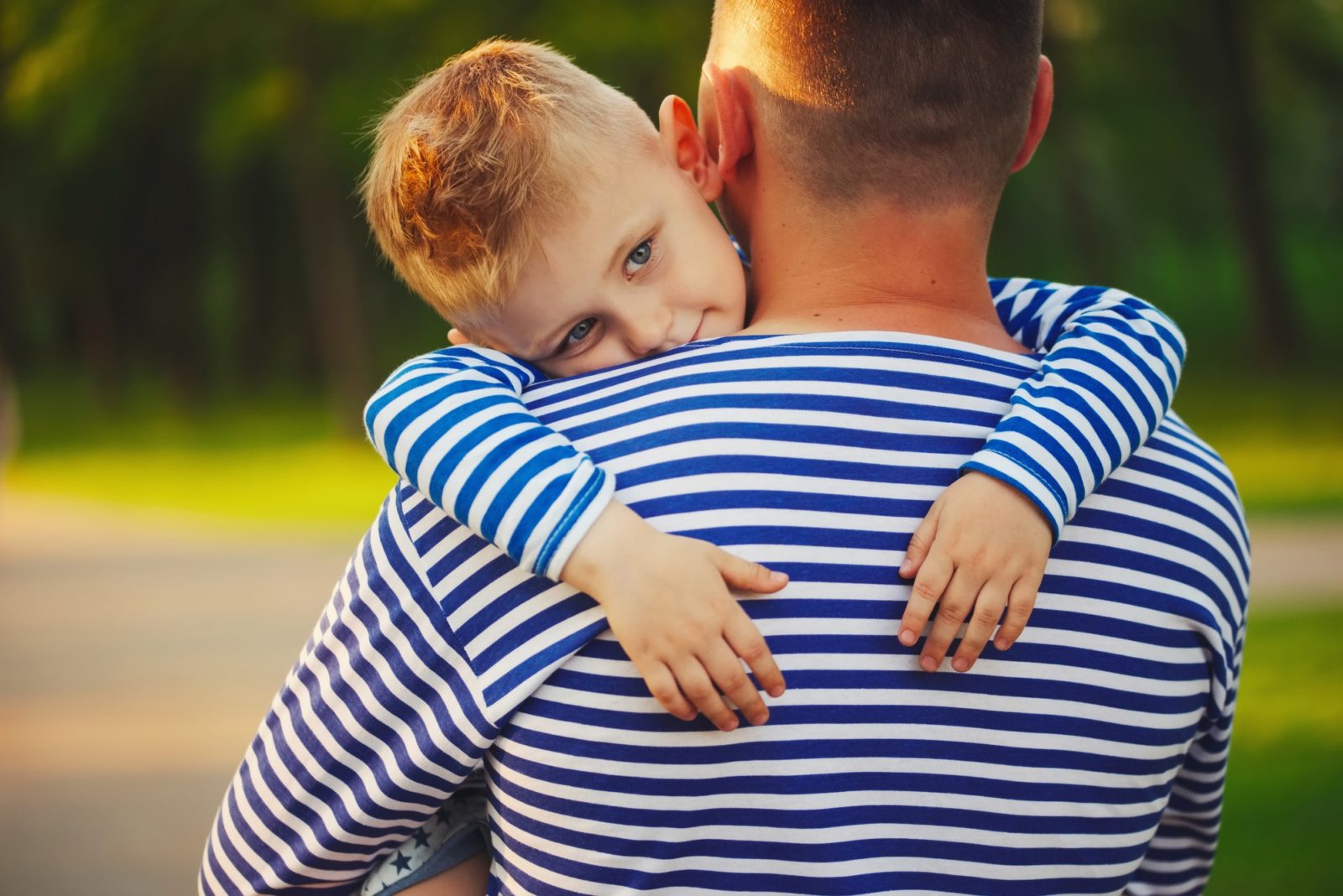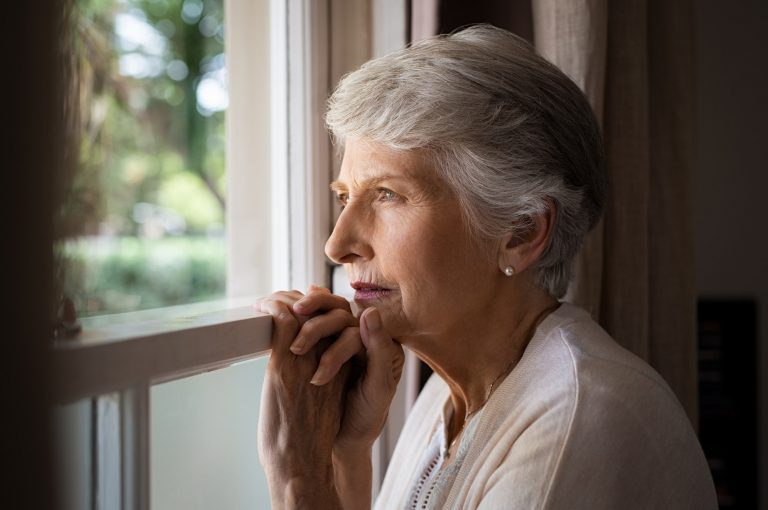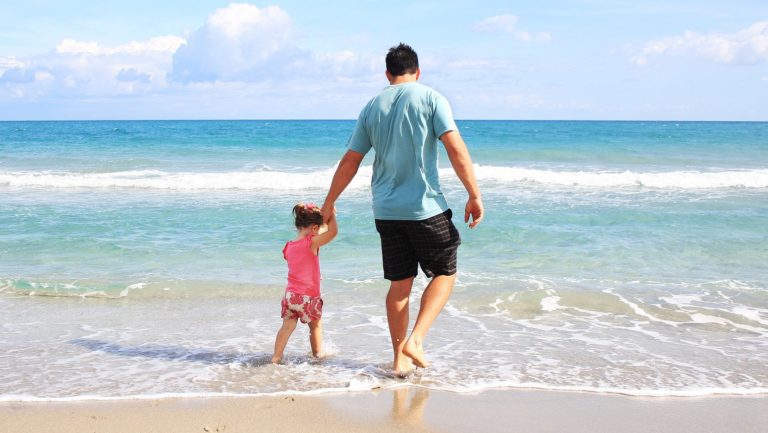For most divorced or separated families, co-parenting can be hard even in the best of times. Things get even more difficult when people are faced with the uncertainty and pressures of living with unprecedented rules required during the pandemic. As a family law attorney, a divorced father who co-parents with my ex-spouse, and a remarried Stepfather with a blended family, I see the difficulties that parents face when they are being told on the one hand to shelter-in-place, but on the other hand to leave their cocoon of safety to exchange children for parenting time. Not only do you have the issue of moving children from one home to another; you also have issues of e-learning, eating habits, chores, free time and other matters that parents aren’t always in agreement on. What one parent thinks is appropriate, the other might think is an over or under reaction.
In the early days of this pandemic, I received many calls from parents wanting to simply keep their kids home and not allow the other parent to have any time. In a lot of ways that made sense to me. How are you supposed to trust the person you divorced with protecting and keeping your children safe? How do you know that they don’t have the virus or might allow the kids to get it? Worse yet, if you are in blended families, you may have other kids that are going back and forth and being forced to trust people you do not know is even harder.
We are, no doubt, in unprecedented times, which means it isn’t necessarily best for the children to follow the agreement that both parties worked so hard to come up with during the divorce. Clearly, many of the issues people are experiencing during the pandemic are not mentioned in their Parenting Agreements. Children certainly need to have a positive relationship with both parents, maybe even more so during this time. But what if one parent is out of work and is better able to manage the children’s e-learning while the other parent is working? Or what happens if one parent gets sick but insists on having the children. What would happen if one parent simply refused to allow the other parent their time? Would the police get involved? Could a parent be arrested for refusing to comply with the terms of their Parenting Agreement?
These are issues that the court system has not had to deal with until now. In speaking to other practitioners, there have been a lot of questions without easy answers. As attorneys, we like to be able to rely on the law. We like to be able to tell our clients that they can rely on our counsel because it is well-founded on fact and decisions of the Court but there are no clear-cut answers during this pandemic. Further, addressing disputes isn’t easy when the courthouses are closed except for emergencies.
While it is easy to tell our clients to just follow the Parenting Agreement, is it always right? In the examples above, what would you do if your ex-spouse was working and came in contact with someone that tested positive for the virus but was not showing signs or symptoms? We know that it can take up to two weeks for someone to begin suffering from the virus. In this case, maybe following the Parenting Agreement would not be in the best interests of the children. Who really could blame a parent for not wanting to take the chance of their son or daughter being exposed to the virus?
As this pandemic has continued, and I have received more and more calls with questions and concerns about how to handle the many new issues that are presenting themselves. I have tried to counsel my clients to take a step back before making decisions when faced with issues and their ex-spouse. I have reminded clients that it isn’t easy for anyone during this time and that they have to remember their children are experiencing many of the same questions, concerns and difficulties they are. Not every ex-spouse is trying to manipulate this situation to get more time or to keep the other parent from spending time with the kids. Everyone is having to adapt during this “new normal” and the only right answer is what is best for their children. Just as is the norm in our practice, what the right answer is for one family may be the wrong answer for another.
Luckily, the American Academy of Matrimonial Lawyers and others have provided some guidelines to help. Their recommendations consist of seven ideas to assist parents in these difficult situations. They recommend parents to be healthy by complying with federal and state guidelines and to be sure to hand wash and maintain social distancing guidelines. They also suggest that parents be mindful of the things they say in front of their children. They suggest that parents remain compliant with court orders and custody agreements but also be creative when necessary to encourage positive relationships for the children and both parents. They recommend that parents be transparent and provide honest information to their co-parents about possible exposure to the virus. In cases where one parent misses out on time with the kids, the AAML suggest co-parents make reasonable accommodations and give the other parent makeup time. Finally, they recommend that co-parents be understanding about the economic hardships caused by the pandemic and to work together to ensure their children are provided for.
It is times like these that will show children that despite their differences, divorced parents can still work together and do what is best for them. How parents conduct themselves during this pandemic will have lasting effects on their children. If parents do not conduct themselves reasonably and in the best interests of their children, their children will remember and so will their co-parent. Hopefully these difficult times will pass and we will be able to get back to life as we remember it. But even if it is never quite the same, at least the children of divorced parents can remember how their parents came together to do what was best for them when it was needed the most.
To view the original article, click here.




